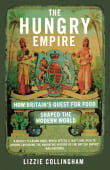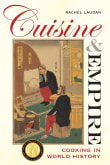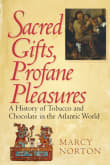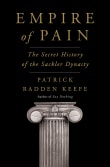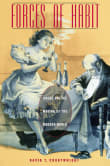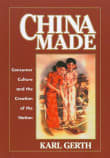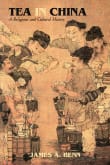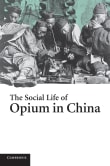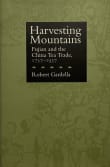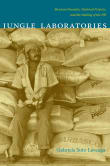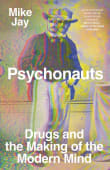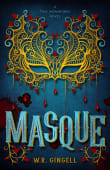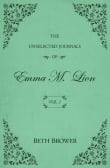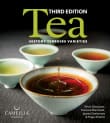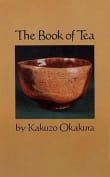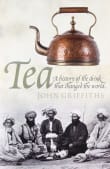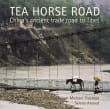A Thirst for Empire
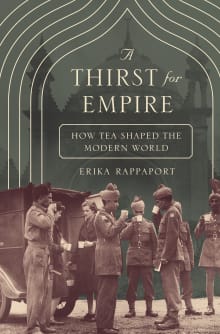
Book description
How the global tea industry influenced the international economy and the rise of mass consumerism
Tea has been one of the most popular commodities in the world. For centuries, profits from its growth and sales funded wars and fueled colonization, and its cultivation brought about massive changes-in land use, labor…
Why read it?
2 authors picked A Thirst for Empire as one of their favorite books. Why do they recommend it?

This ambitious and readable book explores how a seemingly simple beverage—tea—became a force shaping global empires. Rappaport, a historian at UC Santa Barbara, documents how tea has influenced everything from global trade networks and consumer cultures to ideas about health, morality, and national identity over the past three centuries.
Readers follow tea’s rise to become a key global commodity, moving from the courtly culture of tea in imperial China to the pages of Victorian magazines and the vast plantations of India and East Africa. This book made me think in a new way about the origins of modern-day consumer culture—not…
From Benjamin's list on the history of drugs.

There is no shortage of great books on the history of tea, but this one is my favorite because it is a global history of how a commodity, rather than a people, conquered the world. Carefully researched and engagingly written, the book begins its story in the seventeenth century, when China controlled the trade and Europe was a distant secondary market. The book then moves through tea's history—from exclusively Asian drink to staple at the heart of English identity—and the consequences for the planet and human history.
From Troy's list on food and empires in history.
If you love A Thirst for Empire...
Want books like A Thirst for Empire?
Our community of 12,000+ authors has personally recommended 100 books like A Thirst for Empire.

